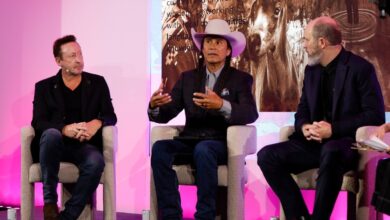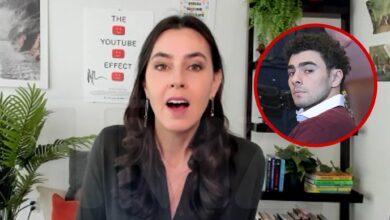Disney Loses Legal Bid to Block YouTube Hiring of Justin Connolly

California Superior Court Judge Denies Disney’s Request for Restraining Order Against YouTube Executive
A recent legal battle between Disney and YouTube took a new turn as a California Superior Court judge rejected Disney’s request for a temporary restraining order against Justin Connolly, who recently joined YouTube as the global VP of media and sports partnerships. The ruling came after Disney filed a lawsuit against YouTube and Connolly, alleging breach of contract, tortious interference, and unfair competition.
Judge James C. Chalfant’s decision to deny Disney’s motion for an injunction was based on three key reasons: the lack of an emergency situation, the balance of harms favoring Mr. Connolly, and Disney’s failure to demonstrate a probability of success on the merits.
In response to the ruling, a Disney spokesperson expressed disappointment and stated that they would continue to pursue legal remedies. YouTube, on the other hand, declined to comment on the matter.
Connolly, who had a long tenure at Disney and ESPN, previously served as the president of Disney Platform Distribution. In this role, he was responsible for overseeing all third-party media sales efforts, including dealings with YouTube.
Disney’s lawsuit alleged that Connolly’s move to YouTube would be detrimental to their ongoing negotiations, particularly in relation to the upcoming expiration of the deal for YouTube TV. The company claimed that Connolly’s departure would prejudice them in the renegotiation process.
On the other side, YouTube contended that they had assured Disney that Connolly would not be involved in any discussions related to the license agreement with Disney. They also highlighted communications between Google, YouTube’s parent company, and Disney regarding Connolly’s potential hire, emphasizing that Disney was using him as a bargaining chip in their negotiations.
Moreover, Disney claimed that Connolly had violated a three-year contract signed in November 2024 by joining YouTube. However, YouTube argued that Connolly was employed on an at-will basis at Disney, and forcing him to leave his new position at YouTube would go against California law.
YouTube also refuted Disney’s request for emergency relief, pointing out that Disney had been aware of Connolly’s intention to leave for over six weeks. This case highlights the complex legal issues surrounding employment contracts and competition between major media companies.





